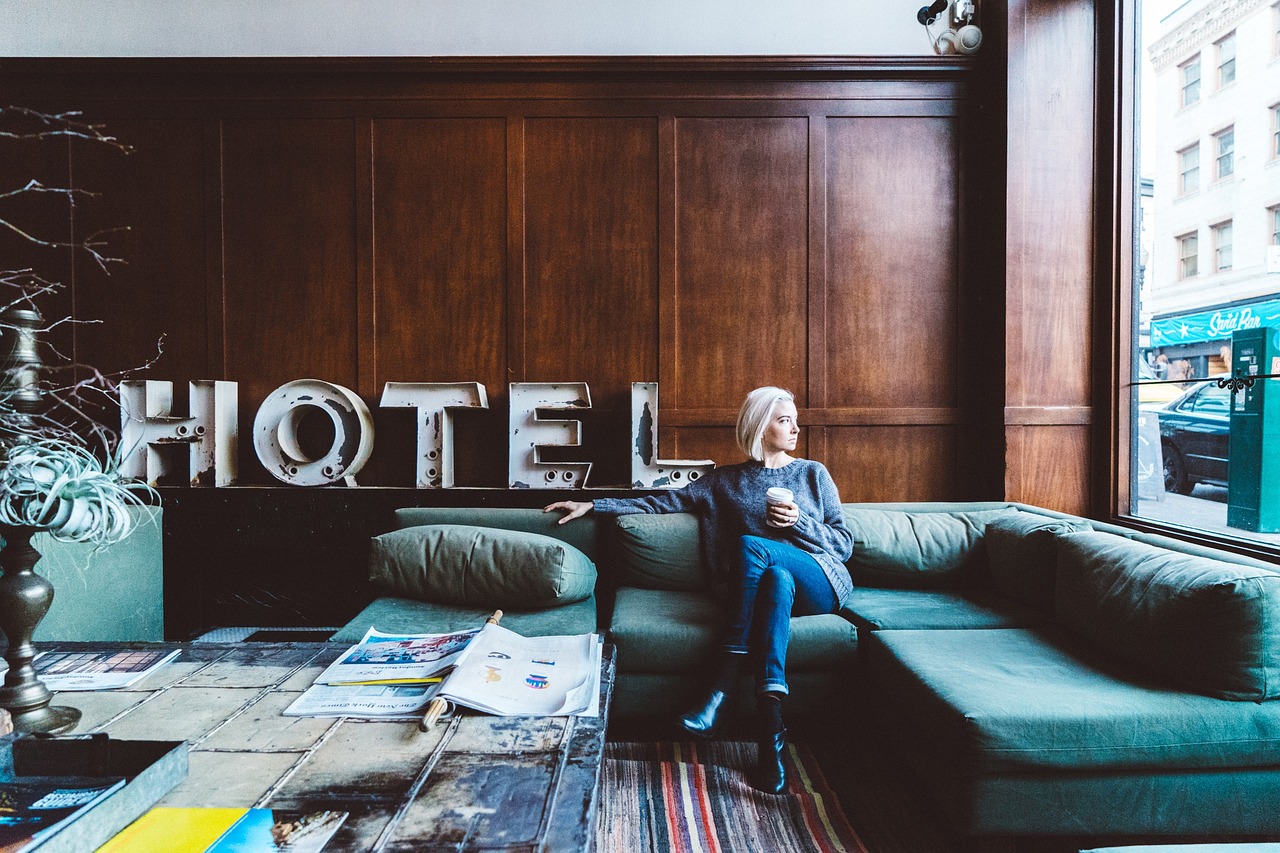By March 2020, the concept of a quarantine hotel would seem to many to be something of a zombie apocalypse. The idea of being locked up to prevent the spread of a dangerous virus is still alarming and contradicts the idea of the hotel as a holiday destination.
However, in 2021, they are a necessary part of the lives of people who want to travel from countries on the “red list”. Not only that, but several countries that rely on tourism see them as part of the path to a normal life.
First, what is a red list?
The Red List is a list of countries that are considered to be at high risk for Covid transmission. They vary from country to country, as each has its own method of determining what constitutes a “high risk” and may change regularly depending on the number of cases, vaccinations or even political and economic reasons.
Although many experts agree that such lists are needed to control infections, others have criticized them for several reasons. First, countries can participate in eye-to-eye red lists when they are banned from coming to the country as an act of revenge for being banned themselves, rather than for scientific reasons. In addition, it may be economically impractical to ban some countries due to close ties, which could have influenced Britain’s decision to allow Indian travelers instead of Pakistani visitors, despite a dangerous new Indian option that has hurt New Delhi. The Prime Minister of the United Kingdom Boris Johnson even planned a visit to India in support.
However, despite this criticism, countries adhere to this system of red lists to determine who and for how long should go to a quarantine hotel.
What is happening in the quarantine hotel?
As you have probably figured out by now, the whole point of quarantine is isolation. At the hotel, this means being confined to your room, not allowing you to mix guests.
In a hotel with good room service it can be good for the first few days – even nice. However, many places require two weeks of imprisonment: a much tougher task – after all, there are so many things to entertain you.
In addition to distance from other people, obvious attention is paid to cleanliness. In cases where you are allowed to leave your room to use a common area, such as a sauna or swimming pool, you may be expected to sanitize your area after use.
Hotels are also moving away from physical money: many have a digital service where you just pay for everything with a card, and others have started accepting bitcoins. While this shouldn’t come as a surprise – nowadays you can even use bitcoins in online casinos – it does signal a move to a hotel industry that refuses to trade coins and bills.
Speaking of money, although it is obvious that holidaymakers cover the cost of accommodation, as it is their own choice, countries such as the UK require visitors from the “red list countries” to pay the cost of mandatory hotels – a demand that most tourists have poor deteriorated, costing a deceptive £ 1750 (€ 2020).
What do different countries do?
Australia was one of the first countries to introduce mandatory quarantine during a pandemic. Visitors had to stay in a hotel room for 14 days at their own expense, but the strategy worked. For most of the winter or summer in Australia, the new cases were divided into separate figures, making the country one of the safest places in the world in terms of virus transmission.
However, not all countries adhere to such a strict position as the position of Australia. In an effort to boost tourism, the Greek government has called on six of its islands, including Crete, Corfu and Rhodes, to offer their hotels for quarantine in mid-April. The move came with a financial incentive: hotels would receive 45 euros a day from the government per room, as well as a daily amount of 15 euros for empty rooms. To qualify, businesses would need to follow strict medical guidelines and offer room service to guests when they need it.
There may not even be a need for quarantine for visitors who have been vaccinated or have a negative PCR test. Greece is one of the first European countries to receive visitors from anywhere on the continent in this way, and others can follow their example.
On the other side of the scale, the European Commission has asked Ireland to ease the measures it introduced in March, forcing visitors from several EU countries to quarantine for up to 14 days at a cost of almost 2,000 euros. Although the Irish government sought to prevent the spread of new versions of Covid within its borders, the Commission feared that this policy violated the laws on discrimination and freedom of movement.

Are quarantine hotels forever?
If you hate the sound of quarantine hotels, then don’t worry too much. Widespread vaccination means that they will become less common, especially in countries with well-designed immunization programs.
However, scattered global vaccination efforts mean that outbreaks of the virus are always likely as travel becomes more common. Failure to vaccinate everyone means a much higher risk of infection, which increases the likelihood of quarantine. Quarantine hotels can exist in one form or another for years to come, depending on how well the world copes with the deadliest pandemic in more than a century.

